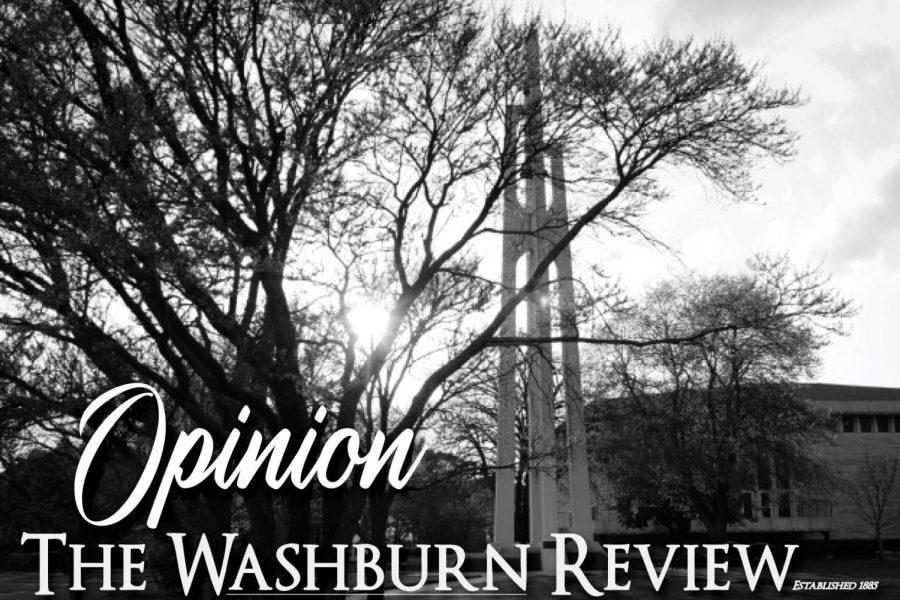How Twitter blinds empathy
January 21, 2020
A U.S. drone struck down Iranian general Qassem Soleimani Jan. 3, in what sparked conversation of another world war, the war to end all wars.
Within minutes and days to come, Twitter flooded with people in fear and outrage at the decisions of a few. Uncertainty was met with humor as the mass population attempted to grapple with what is real, and what is fabricated. Nothing is certain but it is our call to action.
#WWIIImemes is one of the most trending hashtags right now – and in the Twitter universe, everyone is a writer.
Americans are dissociated with this potential world event. We aren’t feeling sadness, nor pain, but humor. We laugh and we scroll until something else entertains us or excites us momentarily. Fear and anxiety is projected on social media – showing the whole world that you’re afraid could seem pathetic to others.
In an article for UCLA by Stuart Wolpert, online influence is believed to be dramatic. In the article, he cites Mirella Dapretto, UCLA’s Semel Institute of Neuroscience and Human Behavior, professor of psychiatry and biobehavioral sciences.
“Users respond to peer influence; their willingness to conform manifested itself both at the brain level and in what they choose to like,” said Dapretto. “We should expect the effect would be magnified in real life, when teens are looking at likes by people who are important to them.”
The result causes people to go online, as the goal is to receive as many likes as possible, further perpetuating the idea of dissociation and ignoring empathetic emotions and using humor to ignore the physical social problem.
Gina Barreca states on a Psychology Today blog post that we need a strong dose of focused humor in our lives every day.
“Laughter banishes anxiety and can help replace fear,” said Barreca. “Laughter is a testament to courage, or at least a manifestation of the wish for it, and courage is stronger than fear.”
Laughter receives more praise on Twitter because it is less emotional, less personal.
Most people join social media to pull themselves away from reality, to become distracted, entertained and to be in a world fitted to their likes and interests based upon who they follow.
It is not just a psychological problem, but a social problem. Americans live in a bubble. Twitter helps us obtain that bubble status and protects it. A University of Michigan study shows that today’s college students are not as empathetic compared to college students from the 1980s and 90s.
Analyzing 14,000 college students over the last 30 years, Sara Konrath, a researcher at the U-M Institute for Social Research states that “Compared to 30 years ago, the average American now is exposed to three times as much non work-related information. In terms of media content, this generation of college students grew up with video games, and a growing body of research, including work done by my colleagues at Michigan, is establishing that exposure to violent media numbs people to the pain of others.”
If we choose to care about people’s needs and feelings, we are at a greater advantage. We learn more about the Americans that volunteer to risk their lives. We learn about different country’s structures and values.
We gain more than simply retweeting something that will only bring us joy temporarily.
Edited by Jada Johnson, Abbie Barth, Adam White




